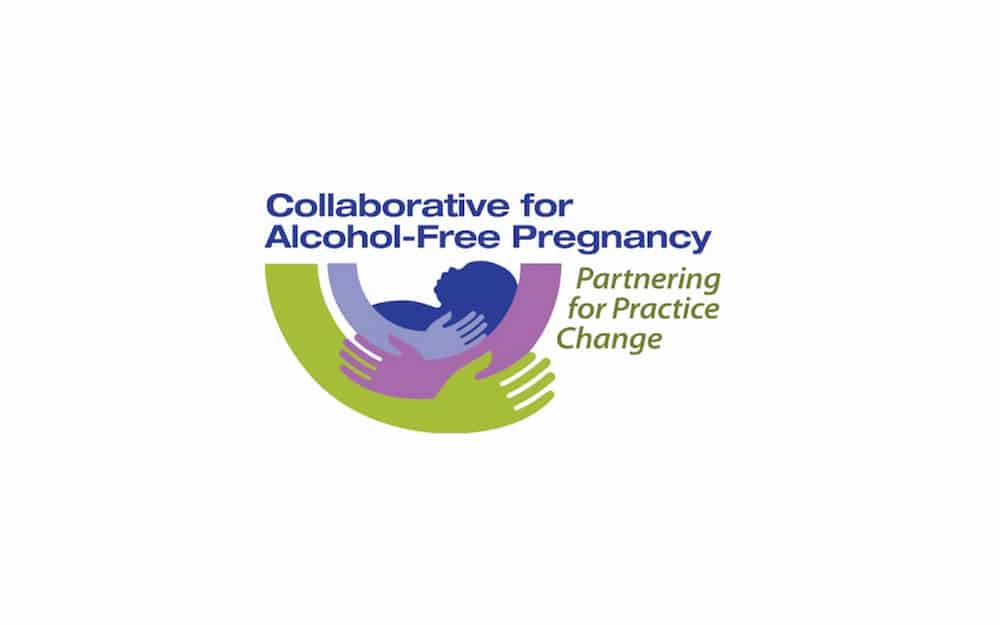High-risk drinking among U.S. women has increased significantly over the past decade and is linked to serious adverse health and reproductive outcomes. Up to five percent of U.S. school children are living with the effects of fetal alcohol spectrum disorders (FASDs), a group of permanent — yet preventable — neurodevelopmental impairments and birth defects caused by prenatal alcohol exposure.
The Steve Hicks School of Social Work’s Health Behavior Research and Training Institute has partnered with the National Association of Social Workers (NASW) to represent social work practice in a new, cross-discipline initiative to strengthen primary prevention of FASD in health practice.
One result of this partnership is a new, free, online continuing education course (1.25 free CE contact hours) on the CSWE Learning Academy: “Women, risky drinking and alcohol-exposed pregnancies: A framework for field instructors.”
This self-paced course describes current patterns of alcohol use among women; risk factors for alcohol-exposed pregnancy; fetal alcohol spectrum disorders (FASD); and what social workers can do to support/deliver alcohol screening and brief intervention and other preventive services in social work clinical practice.
Who should participate? Anyone with an interest in women’s substance/alcohol use, evidence-based interventions, and FASD. Relevant social work competencies and a case study are provided to support field instruction of students. Learn more.


